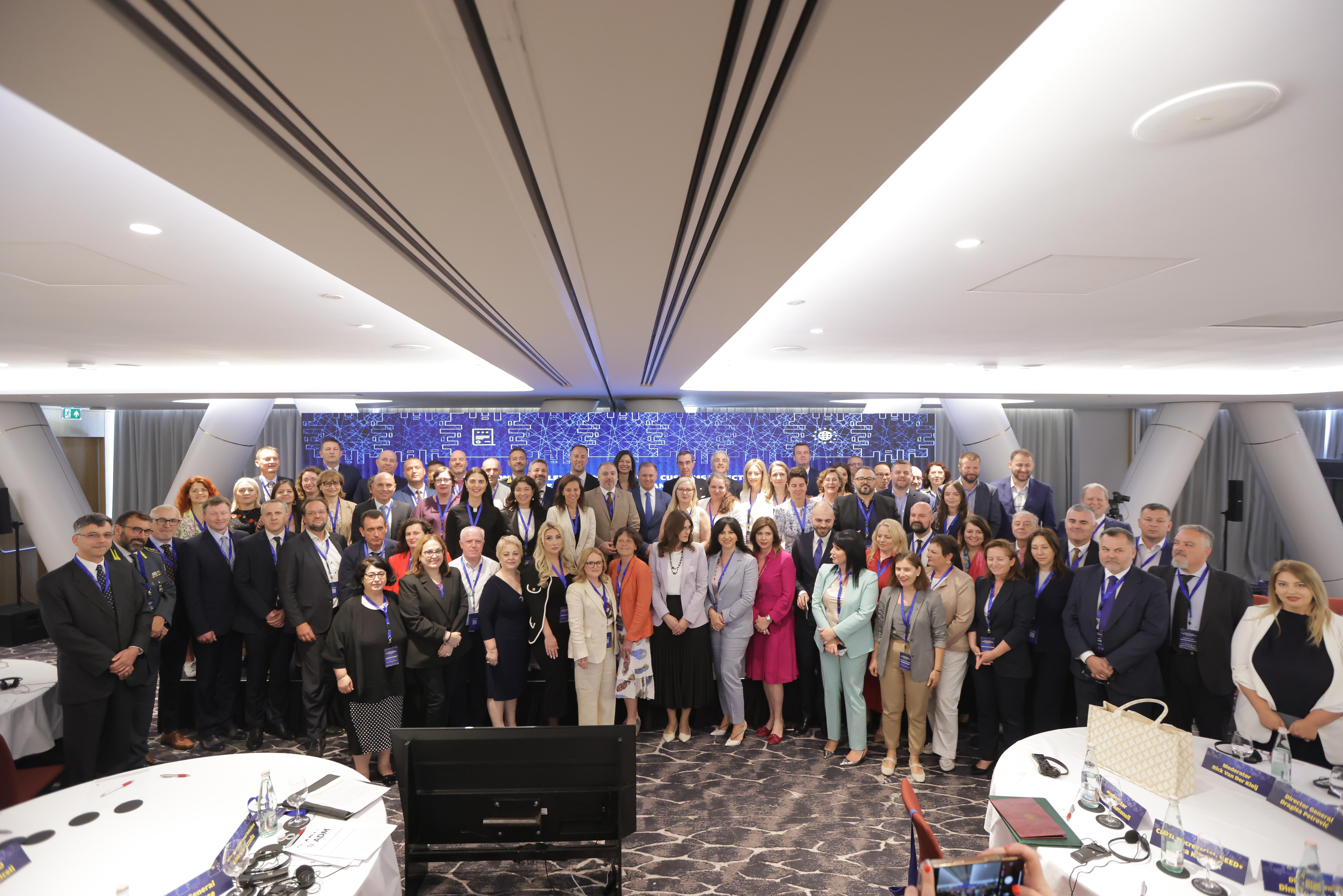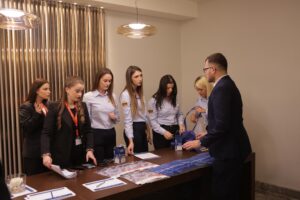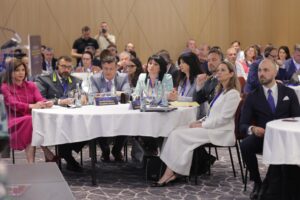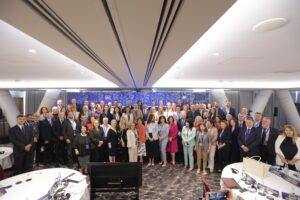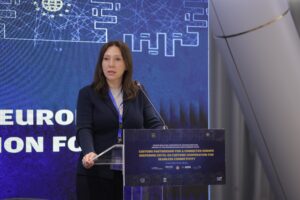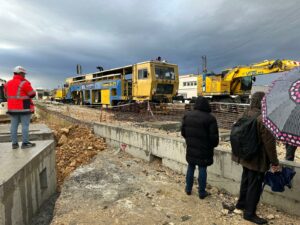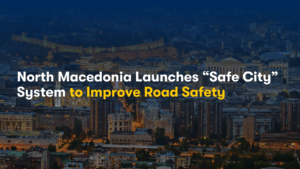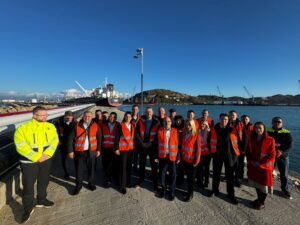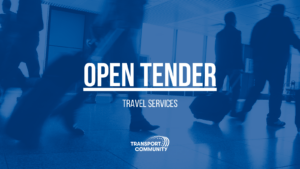TIRANA – Customs leaders from the Western Balkans, and EU Member States met on 12 June 2025 in Tirana for the Second High-Level Conference of Customs Directors General, under the theme “Customs Partnership for a Connected Europe.” The conference was officially opened by Ms Belinda Balluku, Deputy Prime Minister of Albania, and Mr Petrit Malaj, Minister of Finance of Albania, alongside Mr Roberto Alesse, Director General of the Italian Customs and Monopolies Agency, Mr Matej Zakonjšek, Director of the Transport Community Permanent Secretariat and Ms Edna Karadza, CEFTA SEED+ Project Manager.
The event served as a key platform to reinforce strategic customs cooperation, support the goals of the EU Growth Plan, and advance CEFTA alignment with the EU standards.
The conference concluded with the adoption of a Joint Statement, reaffirming shared commitments to accelerate harmonisation with the Union Customs Code, expand and institutionalise Green and Blue Lanes, enhance real-time data exchange through SEED+, deepen inter-agency and business cooperation and support steps toward recognition of Authorised Economic Operators (AEOs) programmes.
“As recently approved during the European Political Committee held in Tirana on 16 May 2025, the enlargement of the European Union to the Western Balkans is the most important geopolitical investment of the European Union and membership in the European Union is not only about prosperity, but also about values”, stated Deputy Prime Minister Balluku.
Mr Genti Gazheli, Director General of the Albanian Customs Administration said: “Our main priority is to create an efficient and transparent customs system that not only facilitates legitimate trade, but also strengthens the fight against smuggling, trafficking and any other form of violation of the law. This requires continuous modernisation and improvement of technological systems, managerial capacities and international cooperation.”
“The integration of the Balkan Region into the European Union depends on fundamental factors as cooperation and mutual trust. Strengthening our ties will improve stability and security, accelerating the integration process. Our common goals remain clear: to facilitate trade, promote cooperation, while ensuring stability and peace both in this strategic Region and the Adriatic Sea,” said Mr Roberto Alesse, Director General of the Customs and Monopolies Agency.
“Efficient, interoperable customs procedures are essential for people and goods to move swiftly, securely, and sustainably across borders. They are also important for advancing the region’s EU integration, its alignment with EU standards, and ensuring that transport connectivity delivers real benefits to both citizens and businesses. At the Transport Community, we are happy to work hand-in-hand with customs authorities to remove bottlenecks and turn border crossings from barriers into bridges for growth and cooperation,” said Mr Matej Zakonjšek, Director of the Permanent Secretariat of the Transport Community.
“Digitalisation is at the core of building the Common Regional Market,” stated Ms Edna Karadza, SEED+ Project Manager at the CEFTA Secretariat. “SEED+ is the operational tool behind the Green and Blue Lanes initiative, serving as the backbone for real-time data exchange. It enables faster, smarter, and more transparent customs procedures, supporting the core objectives of the EU Growth Plan by driving connectivity, modernisation, and integration with the European customs systems,” stated Ms Karadza.
The conference featured three focused panel discussions on strategic customs priorities. The first panel addressed customs cooperation between the Western Balkans and EU Member States, highlighting operational successes and challenges in data exchange and regulatory alignment. The second panel examined the Green and Blue Lanes, stressing their expansion across CEFTA–EU borders and the importance of SEED+ in ensuring real-time data exchange and system interoperability. The final panel looked to the future, discussing the role of customs in supporting growth and EU enlargement through simplified procedures, stronger business support, and accelerated alignment with the EU standards under the EU Growth Plan.

